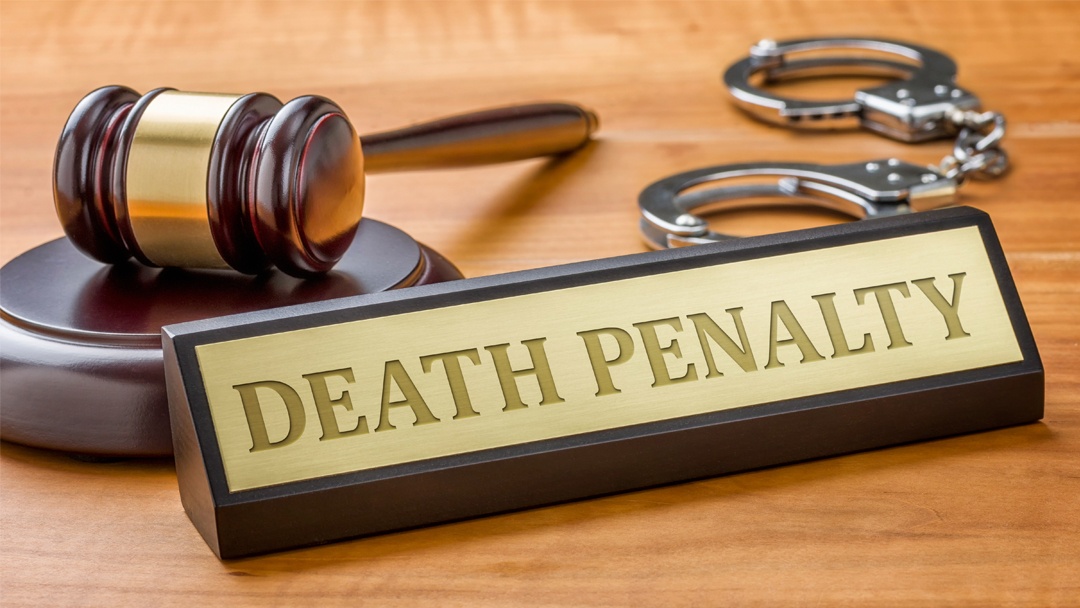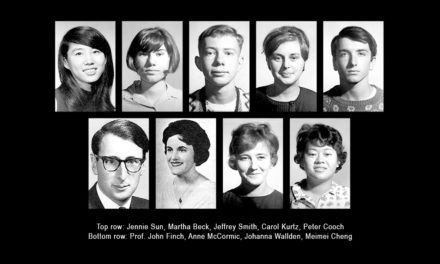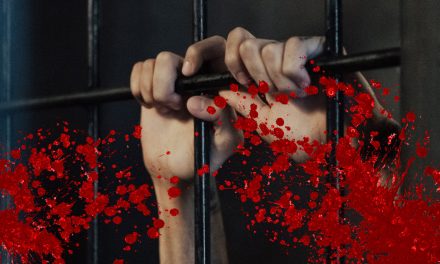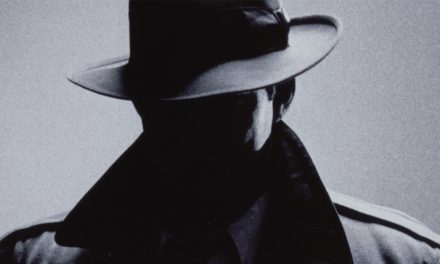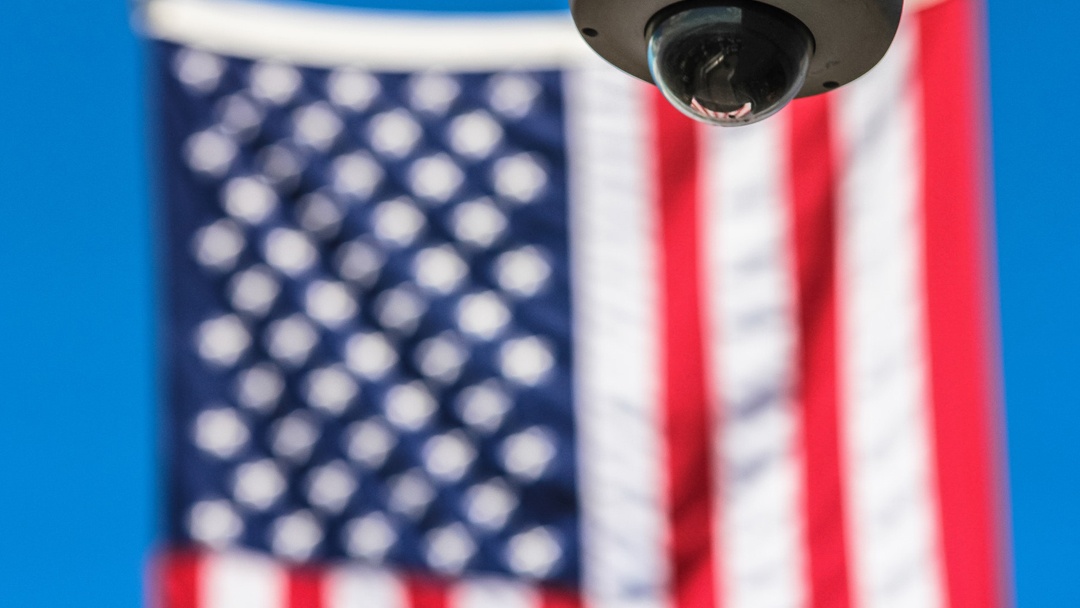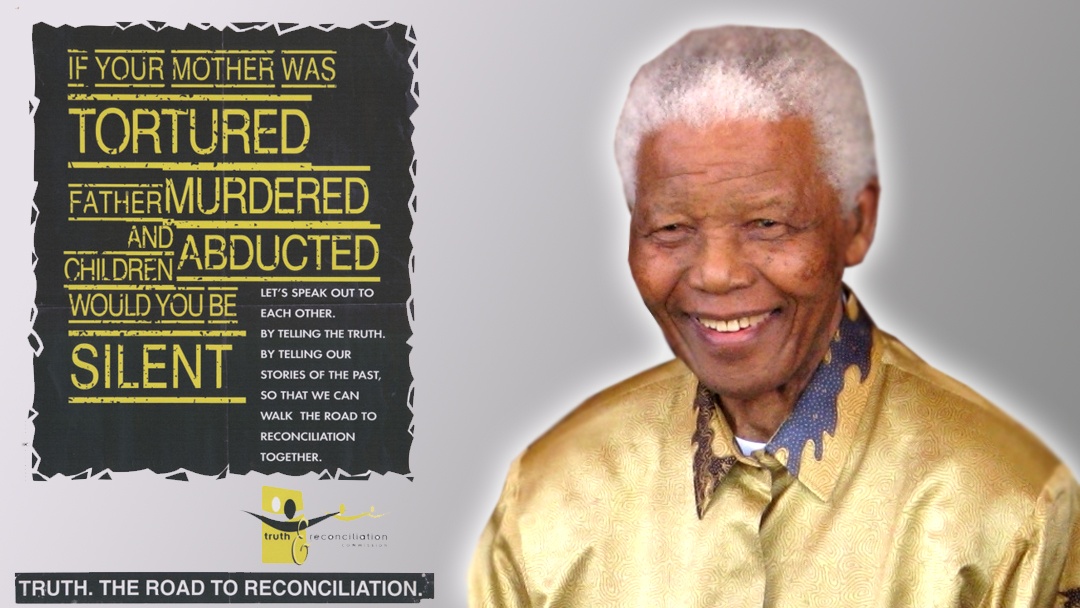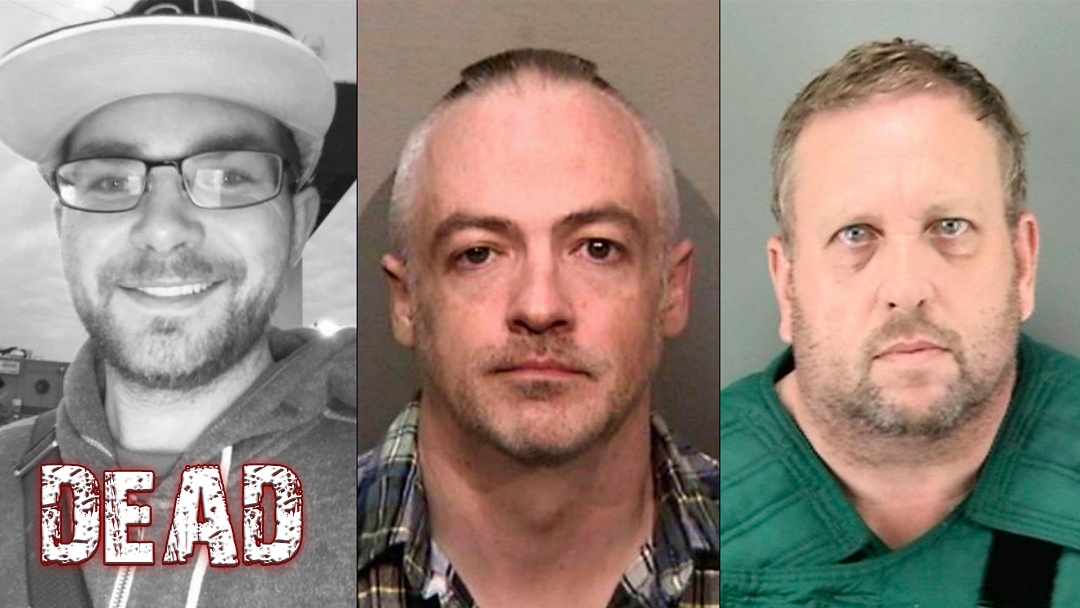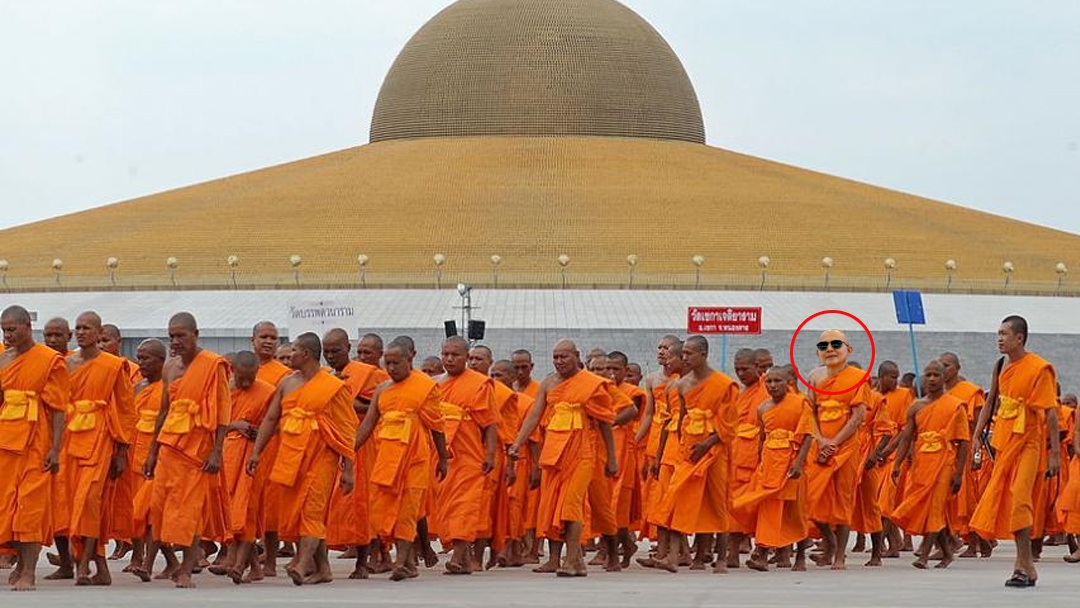Every defense lawyer has preached it forever: if I’m going to defend you, put on a nice suit and look sharp.
How you look to the jury is half the battle.
It’s another story of how the psychology of criminal justice looms at least as large as forensics, or principles of law…
Now comes more confirmation from researchers that appearance, including a face and the expressions on it, impact courtroom decisions. Even up to and including the death penalty: more likely to be imposed on defendants who simply “don’t look trustworthy.”
Among the new articles weighing in, the popular science magazine Discover wrote about the issue in July of ’17.
“Although it is possible that people who look less trustworthy commit more odious crimes, we found evidence for sentencing biases based on facial trustworthiness even among targets exonerated of the crimes for which they were convicted. This shows compelling evidence for the ability of facial appearance to guide the severity of sentencing decisions.”
Perhaps especially in death penalty cases, a jury’s subjective read on a person’s face was writ large. The correlation between a face judged untrustworthy and imposition of the death penalty was unmistakable, according to the scientists. Mind you, many of those “untrustworthy” faces belonged to defendants later proved entirely innocent by forensic science. We’ve never been such great readers of character as we suppose ourselves to be.
This all gives the serious mystery analyst a lot to consider. Do these highly subjective reactions taint the process from the beginning–for example are “untrustworthy” faces more likely to belong to persons of interest, persons forced into long interrogations, and lie detector tests? Is your defense attorney more likely to ignore your protestations of innocence, and advise just taking a plea, if you look squirrelly to him or her? And judges, supposedly the very symbols of blindfolded arbitration, can be assumed to be swayed by their visual perceptions as well.
Veteran court watchers have long said that the contest resides in telling the most believable story, and this research all supports that.
In the end, is there any way to remove the biases of superficial appearance from the criminal justice process, especially when more and more evidence shows those appearances don’t steer us toward justice at all?
